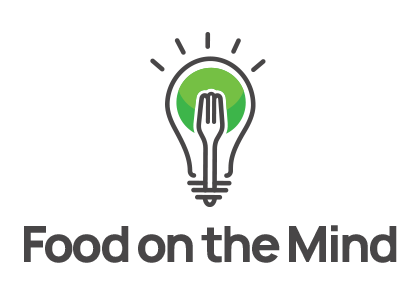Is stress interrupting your goals?
Stress. The number one response to almost every question I ask of clients.
“What would you say lead to this undesired behavior?”
“Stress”
“What would you say is leading to lack of sleep?”
“Stress”
“What’s causing all this stress?”
“Stress”
One of the difficulties in establishing the skill to regulate emotions is being able to identify and describe said emotions. We often use blanket terms for a wide variety of emotions. We are “stressed” or “upset” or “I don’t know leave me alone”. Having this inability to accurately identify our emotions also prohibits our ability to manage those emotions.
Emotional regulation will help us to avoid assigning a negative connotation to an emotion. They are neither good nor bad, regardless of how they make us feel. Disgust and ecstasy are very different feelings yet they have no moral weight. Disgust isn’t bad because it gives us an unsettling feel. The same as ecstasy isn’t good because of euphoric feeling it evokes. We may derive pleasure from things that cause pain and may find disgust in things that others find beautiful.
Properly identifying our emotions can also help us to separate our thoughts from our emotions. We start to see that a certain thought doesn’t have to lead to a certain emotion and vice versa. We can view our thoughts and emotions as independent of each other, even if we have long associated them together. This can be a powerful tool in emotional regulation.
In addition to the process of separating thoughts and emotions is that of separating emotions and behaviors. We often blame undesirable behaviors on an emotion; this only happens in emotional dysregulation. When we are emotionally dysregulated we assign our behaviors to an emotion rather than seeing that emotions are more often a result of behaviors.
“I was so mad I punched a hole in the wall.”
“I was so anxious I drank a bottle of wine and ate a pint of ice cream.”
“I was so upset so I yelled at my children to leave me alone.”
All of these are moments we relate to. We encountered a situation that triggered an emotional response from us and then we acted upon it. Afterwards we felt some level of guilt or shame for our actions. We might even apologize saying our emotions got the best of us. But, rather it was our lack of emotional regulation that had gotten to us. Our inability to accurately identify and describe our emotions leaves us unable to know how to manage them. We are at the mercy of our emotional brain because we haven’t allowed the logical brain to play along.
Work to identify your emotions. Separate them from thoughts. Work to describe them. In detail. In granularity. Don’t use them as a patsy for behaviors. Use our logical minds to manage our behaviors. And begin to deal with emotions as they are, not as we believe them to be. They are mechanisms of self awareness, not harbingers of morality. So stop using stress as an excuse and instead as a barometer; maybe something needs to change.

